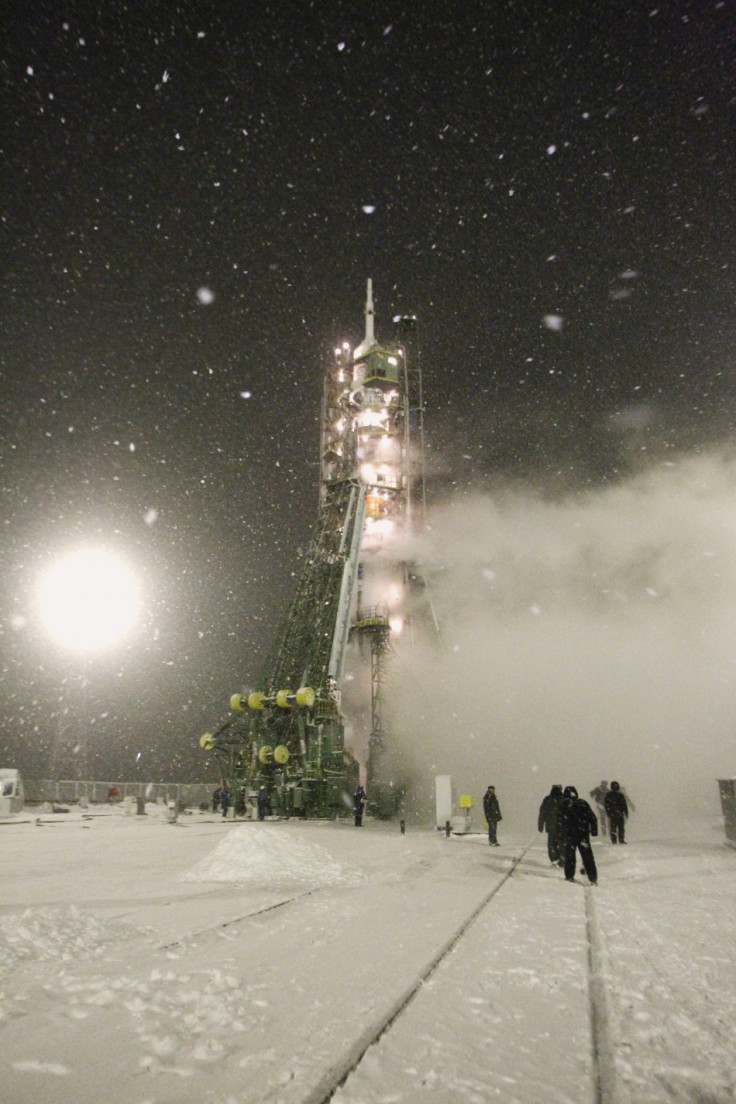Relief For Geckos: Russian Space Agency Re-establishes Contact With Satellite

Russia's space agency claims to have restored full contact with the satellite containing geckos, who are showing how weightlessness in space impacts reproduction.
So for now, the geckos can continue to enjoy their ride.
The agency had lost communications with the Foton-M in its low-earth orbit, three days ago.
"The link is established, the prescribed commands have been conducted in accordance with the plan," said Roscosmos chief Oleg Ostapenko, adding that the agency was confident of being able to conduct 90% of what had been planned initially.
Foton-M4 will be following its current orbit until Monday, while scientists discuss whether their experiments need its original trajectory, which is further away from Earth.
The two-month-long mission was launched on 19 July to study microgravity's effect on geckos, as well as fruit flies, mushrooms and microbes.
One male gecko was put in with four females, and a camera was set up to record how the lizards mated.
Every part of the mating ritual was to be filmed by multiple on-board cameras, to be replayed once the creatures returned.
The fruit flies, mushrooms and microbes are being used in experiments aimed at generating electricity. Non-organic studies on the 6.8-ton satellite will test the semi-conductor properties of crystals.
The engineers will be looking into possible reasons that led to the communication breakdown. This could be down to damage from space debris or a fault in the satellite's equipment.
© Copyright IBTimes 2024. All rights reserved.








